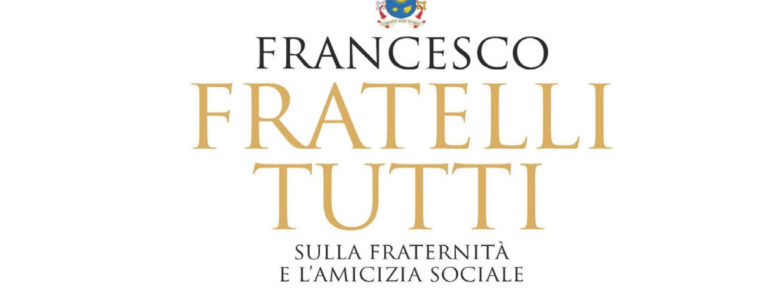In the interview with Professor Grace mentioned in Part I of this post, I asked him about the areas where he believed more research was needed. He suggested three main areas: (i) Catholic Education and service for the Poor; (ii) the effectiveness of the spiritual, moral and social cultures of Catholic schools; (iii) the education and formation of Catholic school leaders and teachers. These themes are echoed by his friends and colleagues in interviews conducted over the last six months that are available in a compilation from the Global Catholic Education project. The interviews are organized around the following questions:
Read more >>Research in Service of Catholic Education – Part II: Interviews with Friends and Colleagues of Professor Grace











